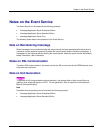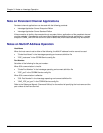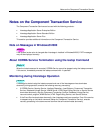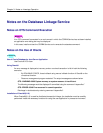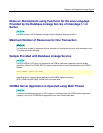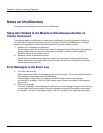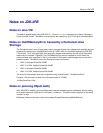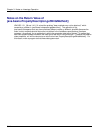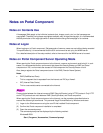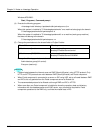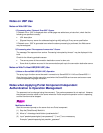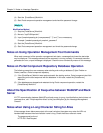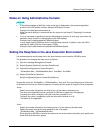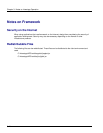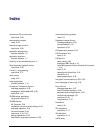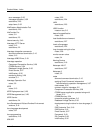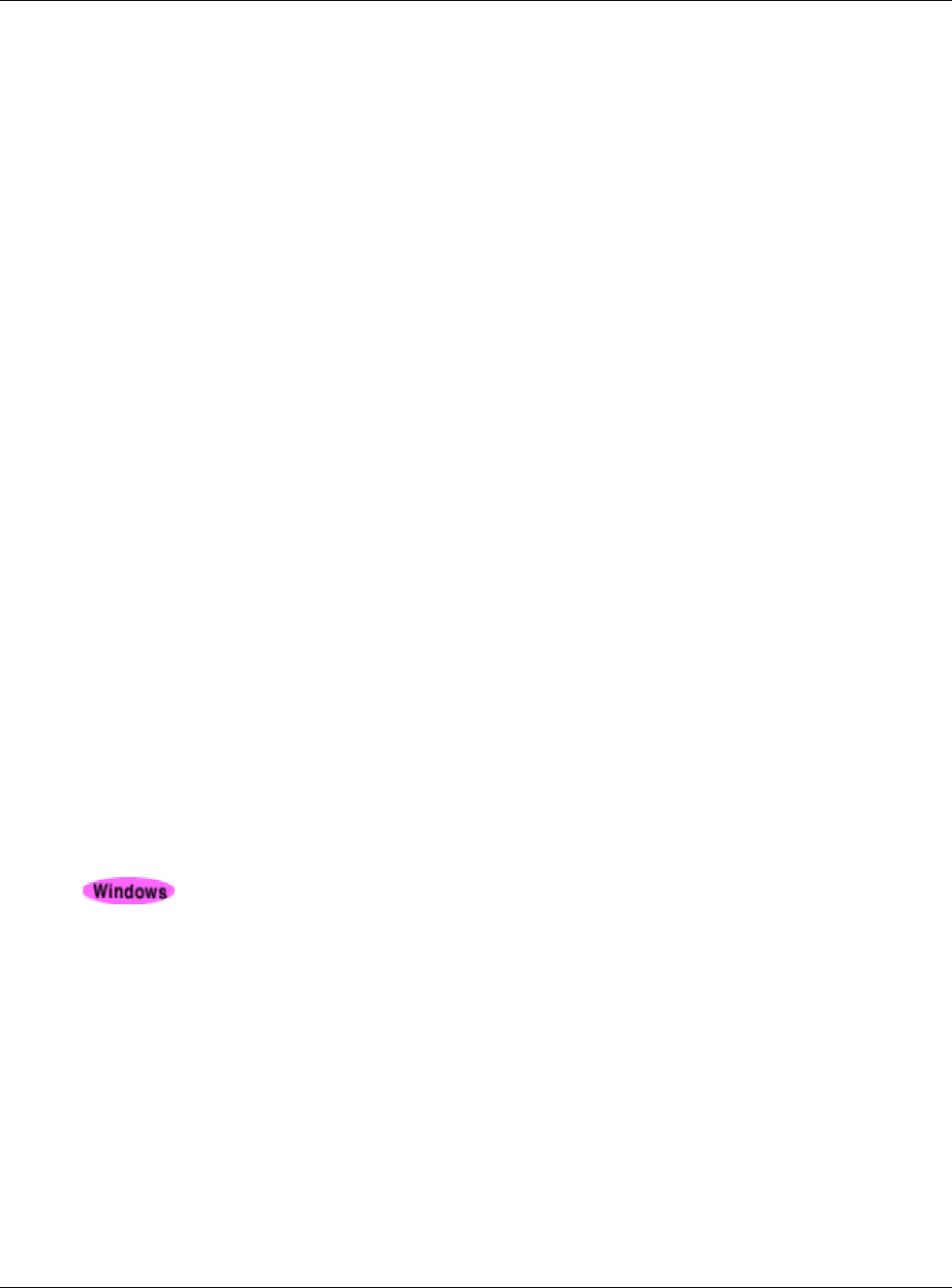
Notes on Portal Component
3-35
Notes on Portal Component
Notes on Contents Use
A homepage (Web page) or the individual contents (text, images, music, etc.) on the homepage are
copyrighted. Therefore, using these copyrighted materials may infringe the copyright. It is recommended
that the permission of the copyright owner is obtained before using the homepage or its contents.
Notes at Logon
When logging on to Portal component, IDs/passwords of common users are sent without being encoded.
To improve security, it is recommended that the SSL environment be set up by the WWW server.
For a detailed description of the setup method, refer to the manual for the WWW server to be used.
Notes on Portal Component Server Operating Mode
When opening the Portal component server to the Internet, a secure environment must be built. In such
cases, it is recommended that an environment that places the SecurityDirector on DMZ and Portal
component on IDC, and connects the access to Portal component via SecurityDirector is built.
Also, always register the Portal component server in the DNS (Domain Name System).
Notes
• DMZ (DeMilitarized Zone)
This is a segment that is separated from the Internet and IDC by a firewall.
• IDC (Internet Data Center)
This is a secure data center connected to the Internet.
Communicate between the Internet zone and DMZ (SecurityDirector) using HTTPS protocol. Only HTTP
and HTTPS protocols are valid between DMZ (SecurityDirector) and Portal component.
When opening the Portal component server to the Internet, use the procedure described below to
execute file access right commands. This prevents illegal file modification by Windows end users.
(1) Logon to the Windows server using the user ID that installed Portal component.
(2) Confirm that Portal component installation is completed.
(3) Open the command prompt.
The command prompt can be displayed by the following method:
Windows® 2000:
Start | Programs | Accessories | Command prompt



